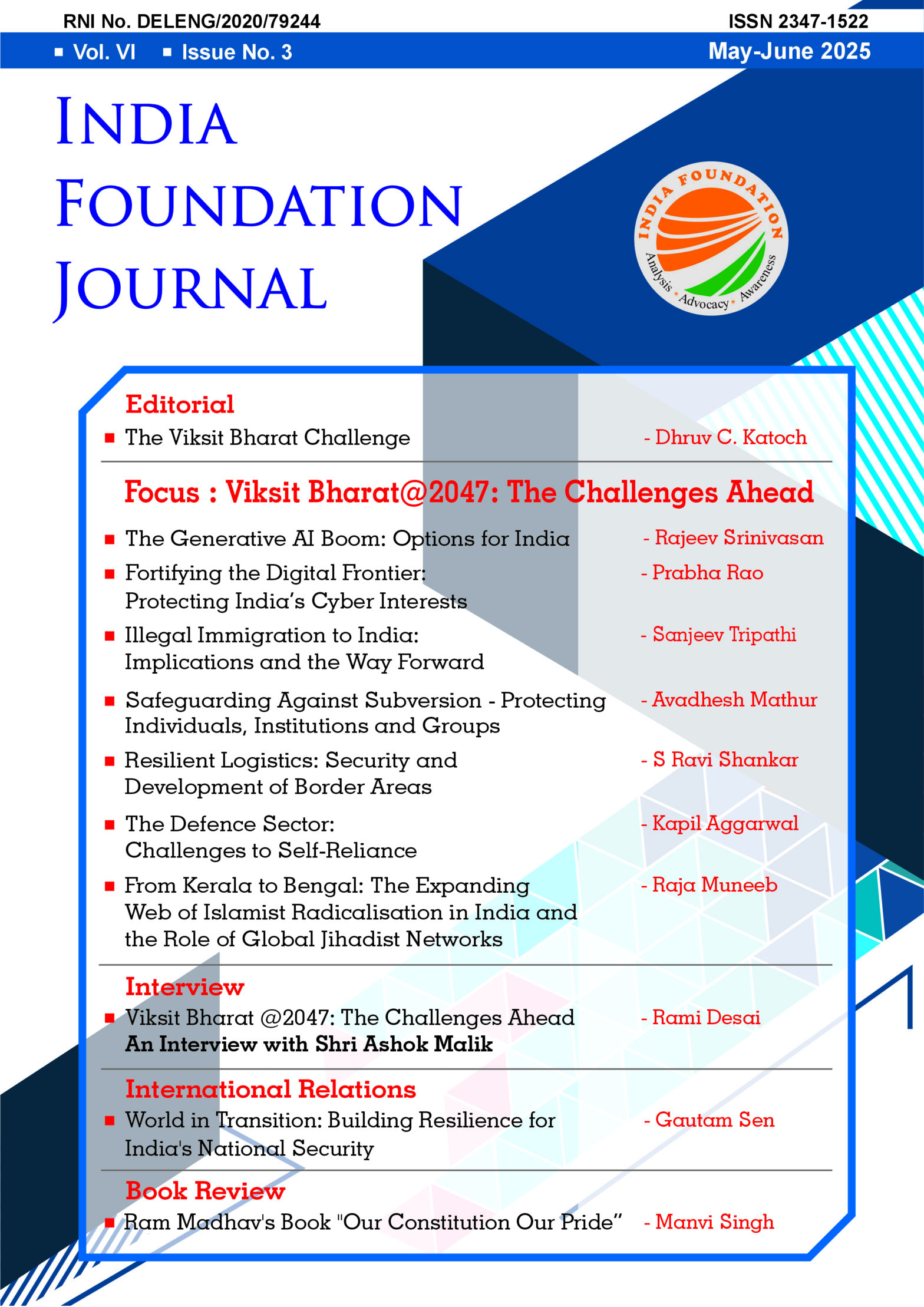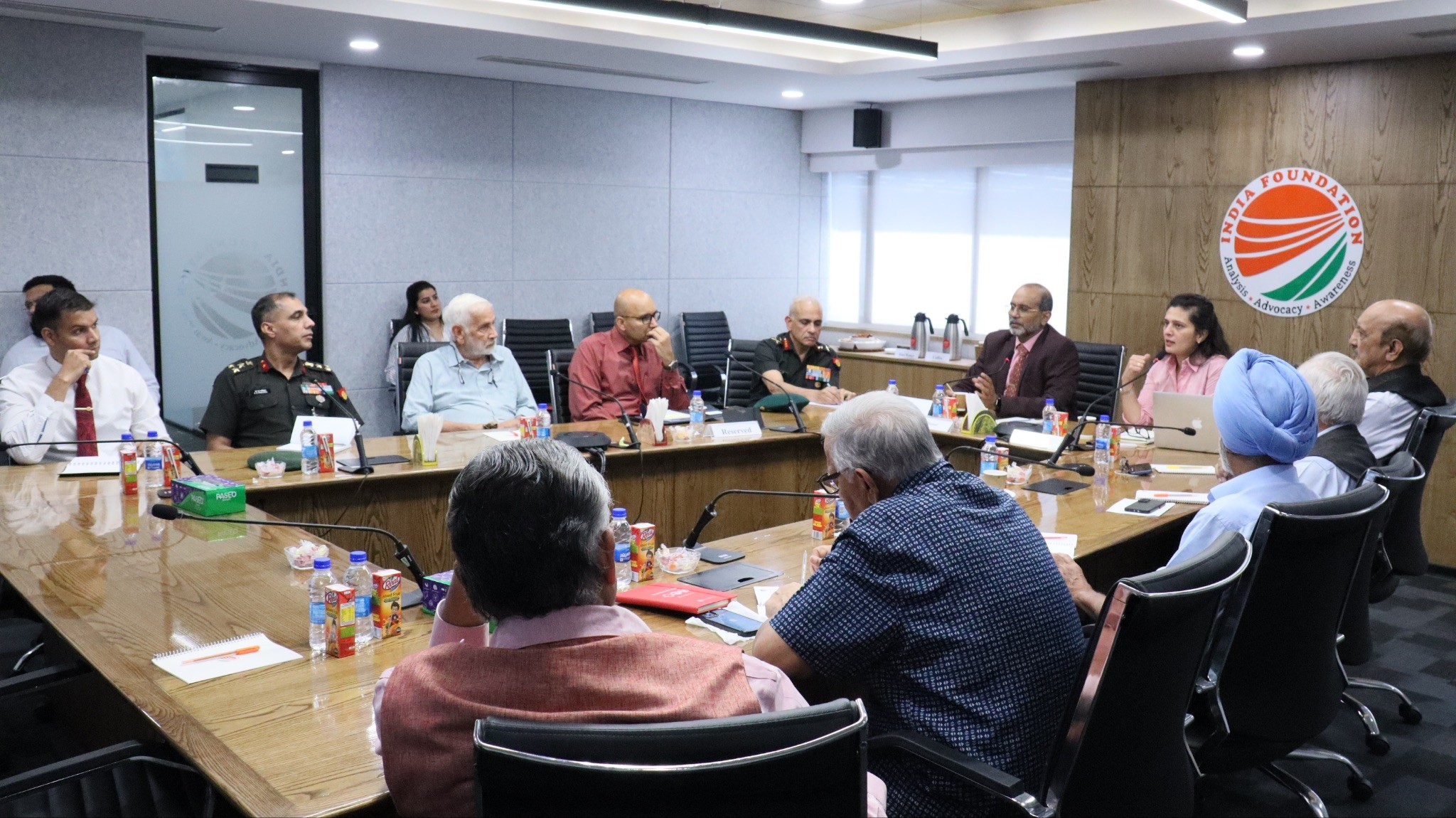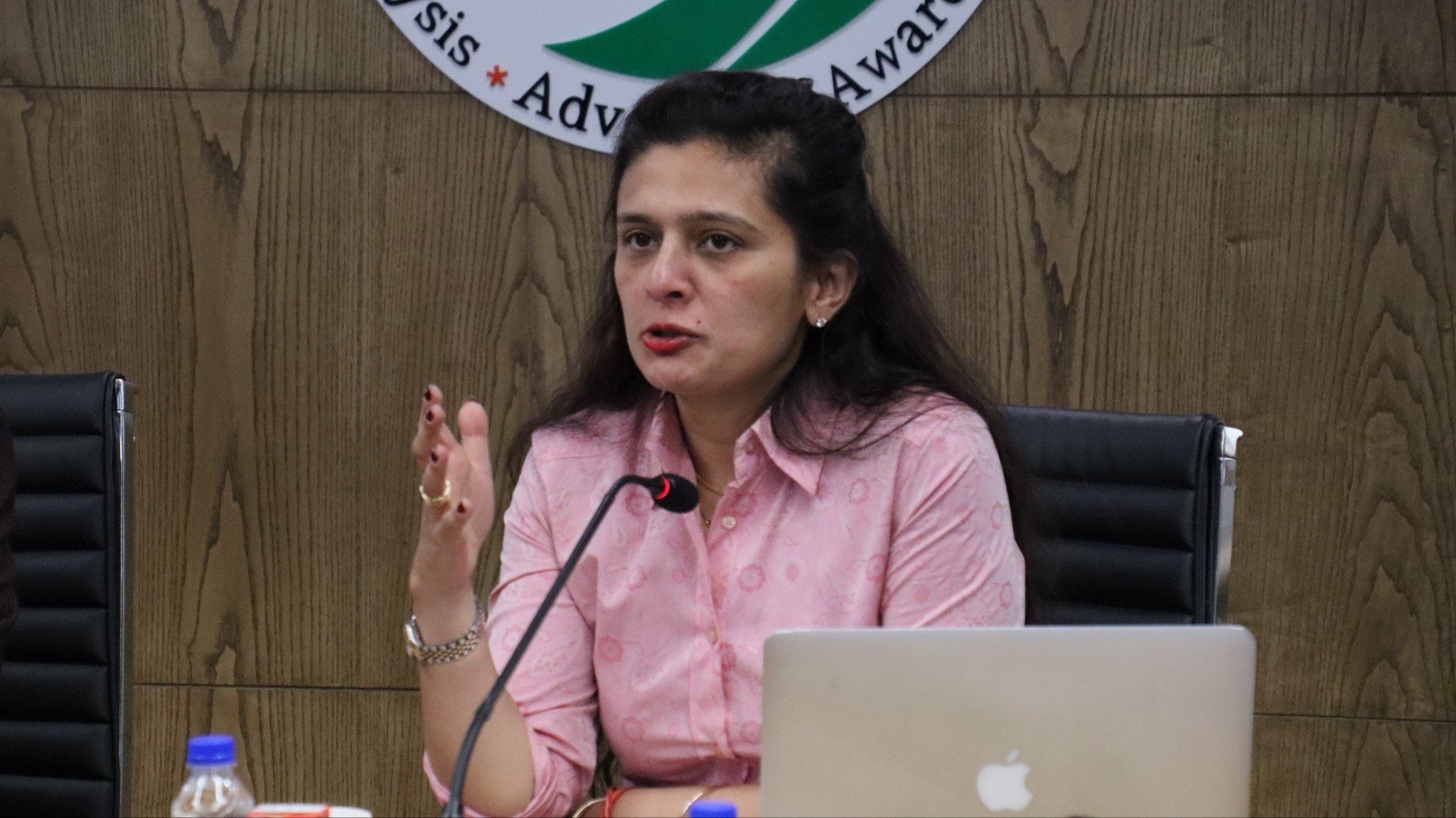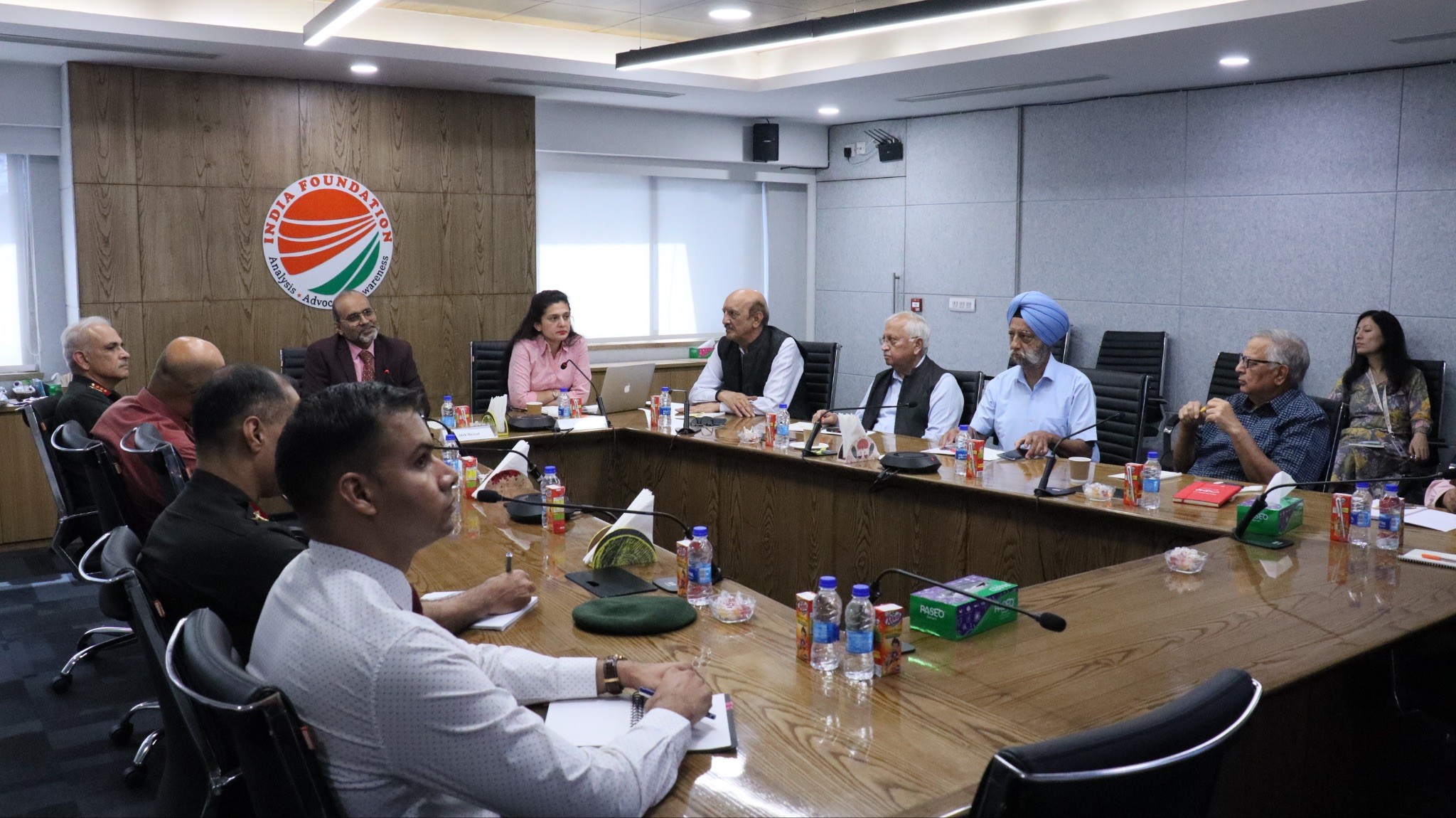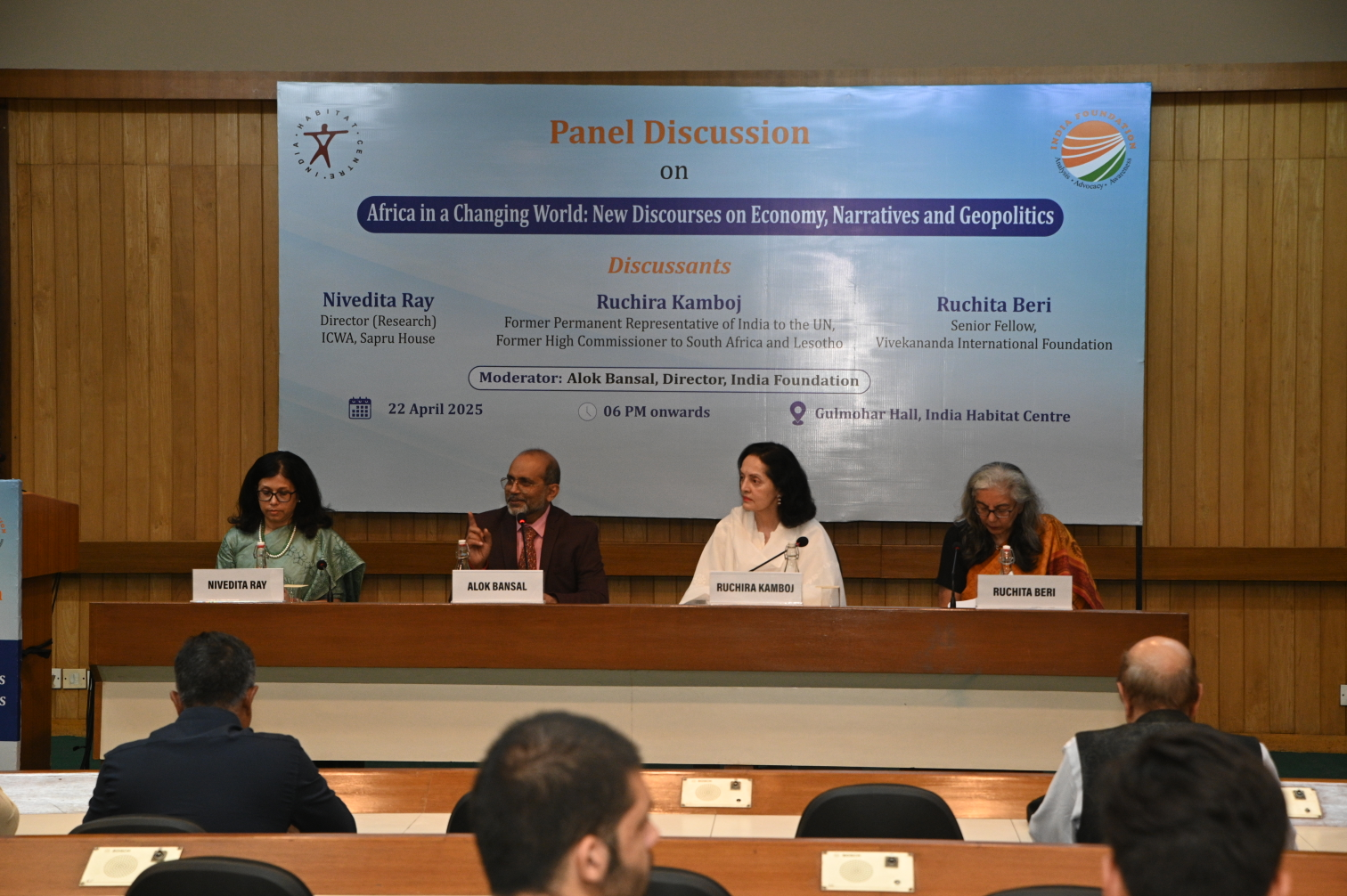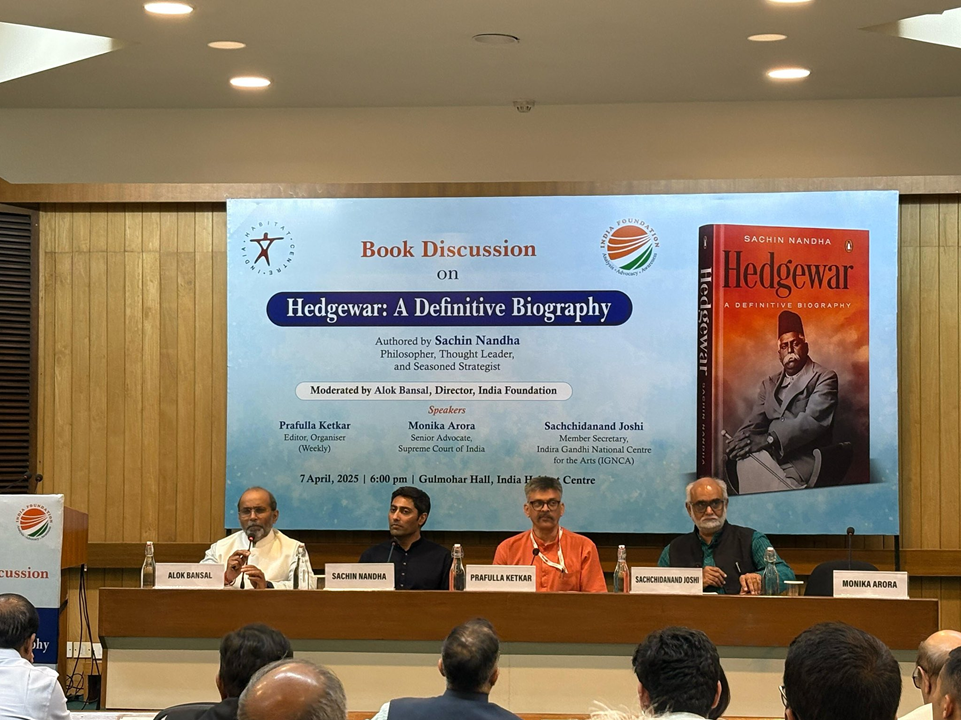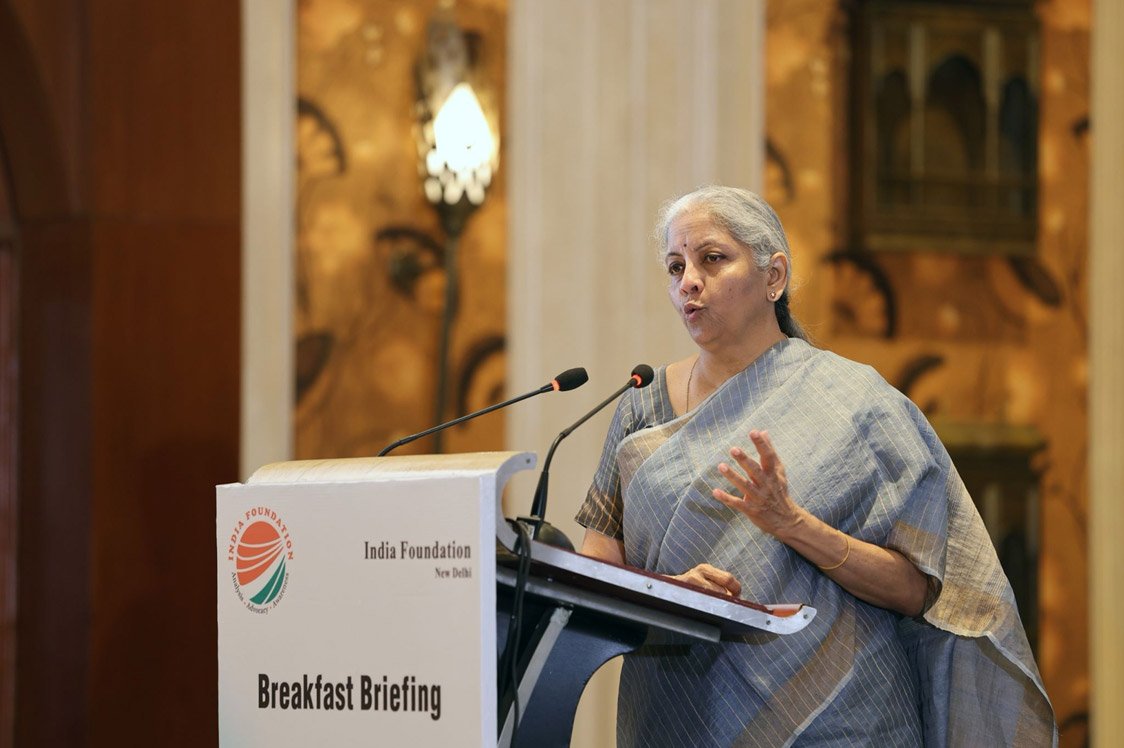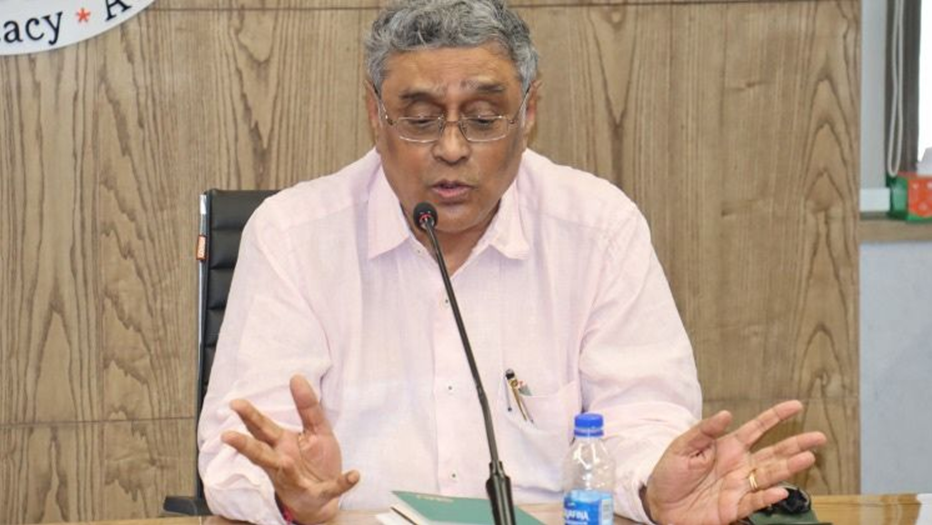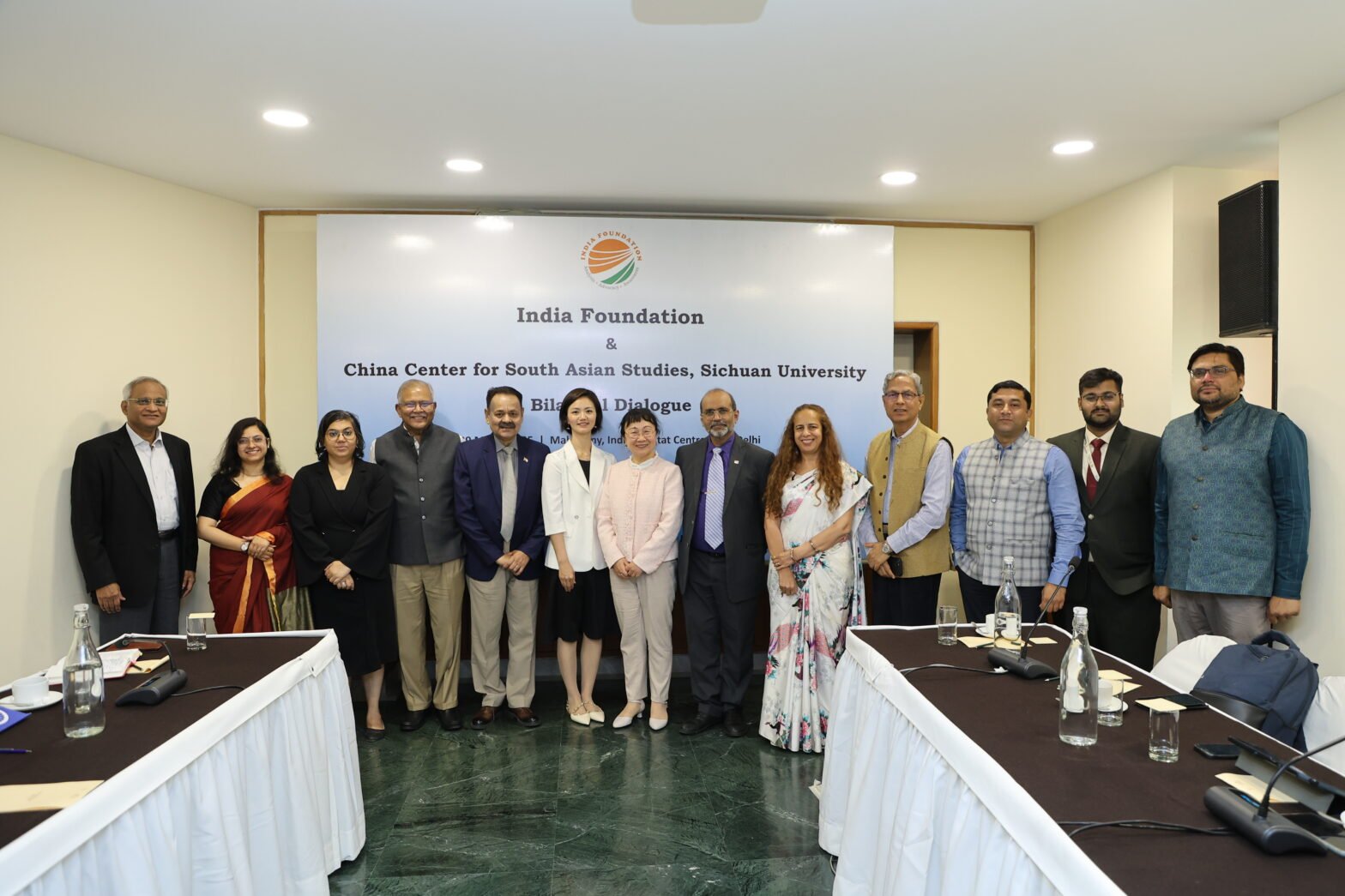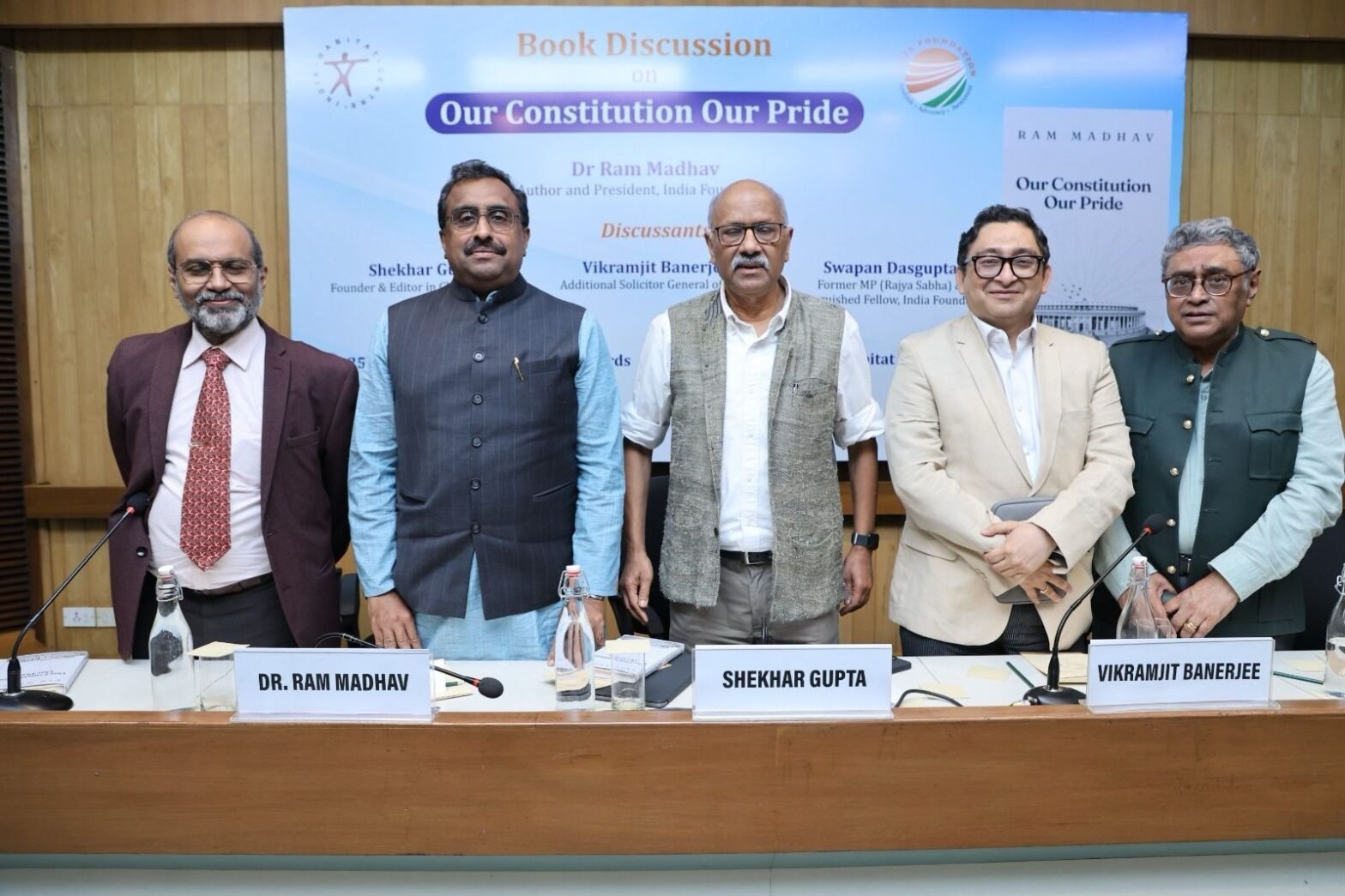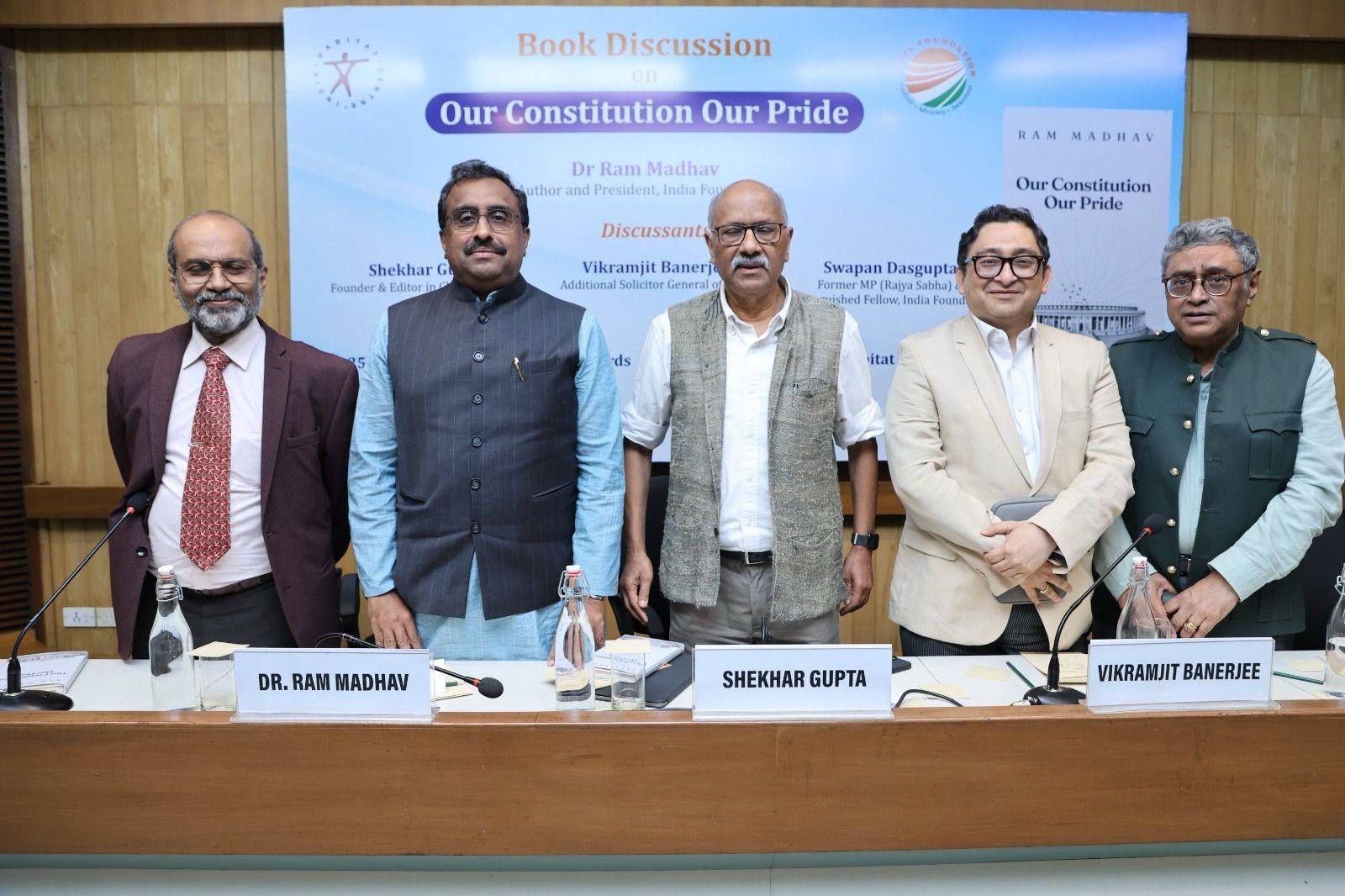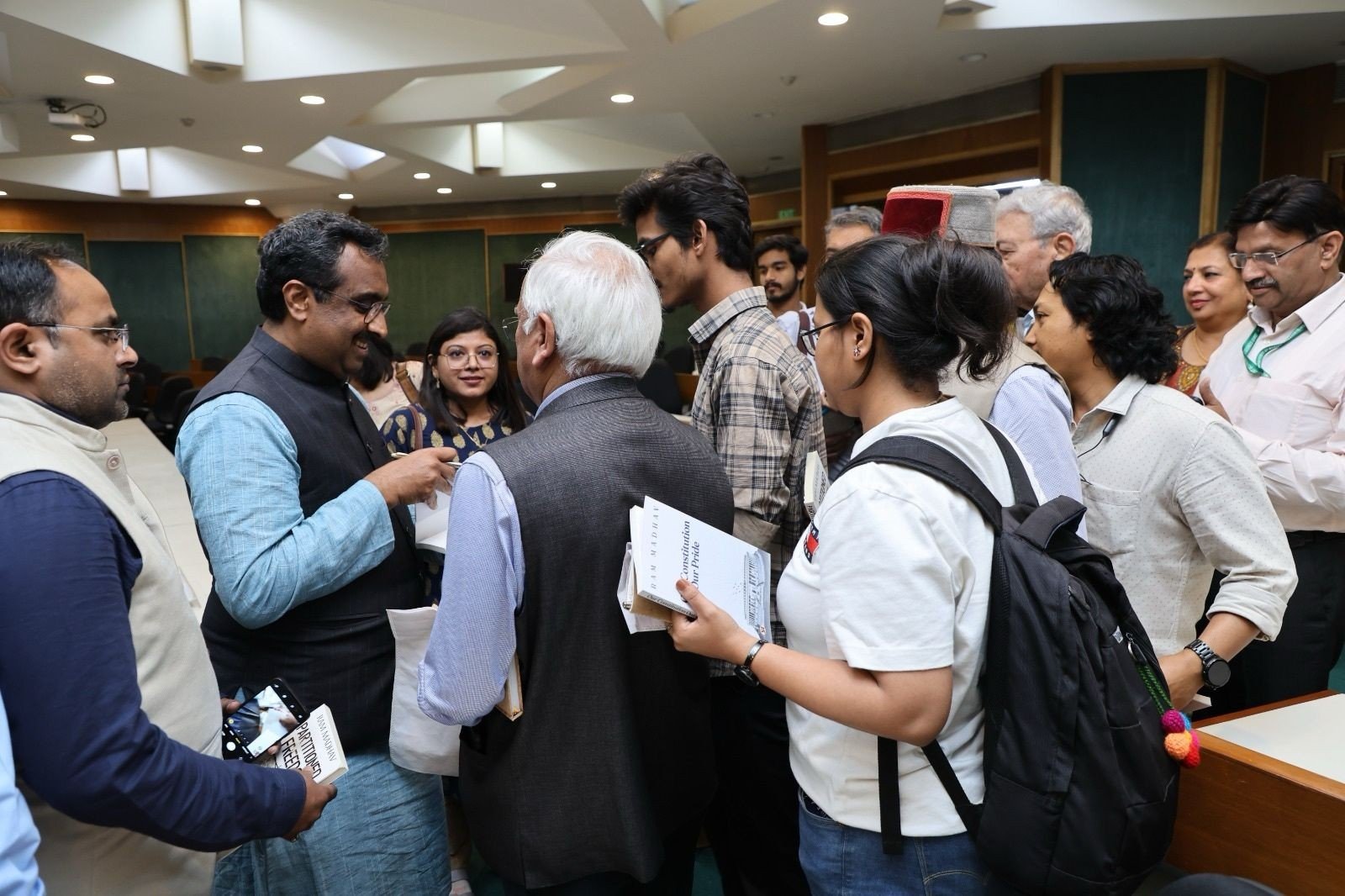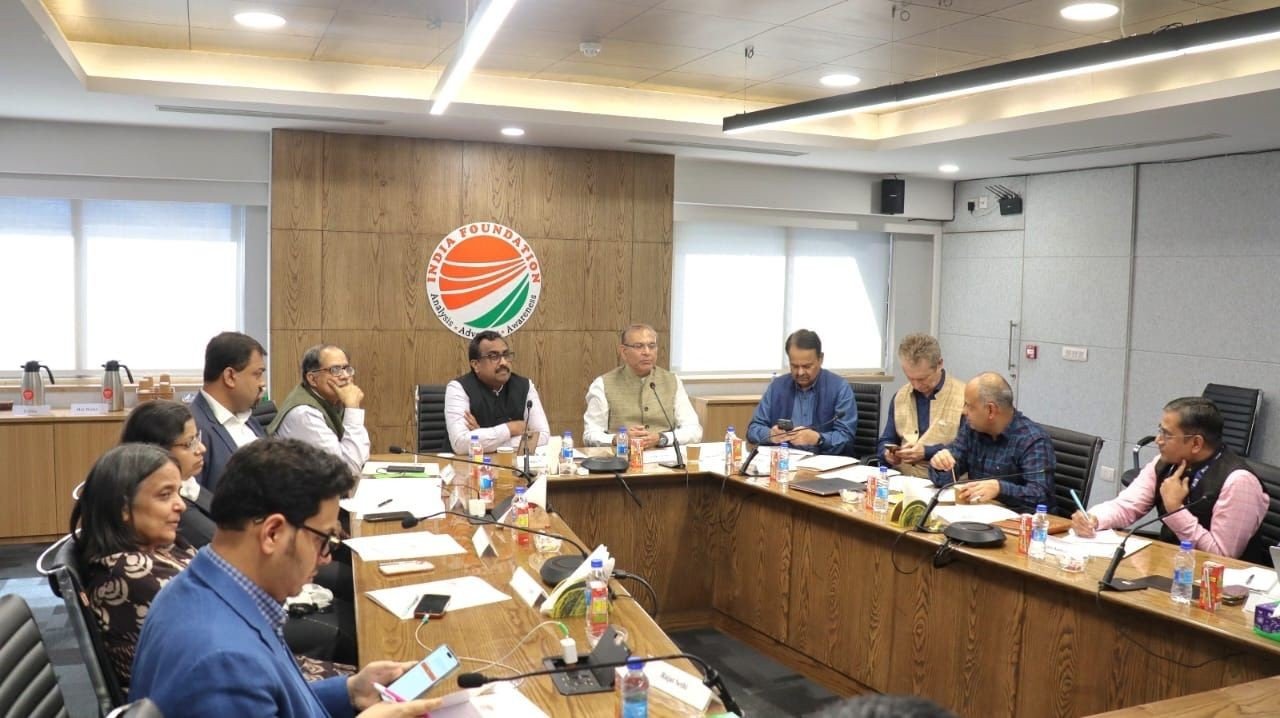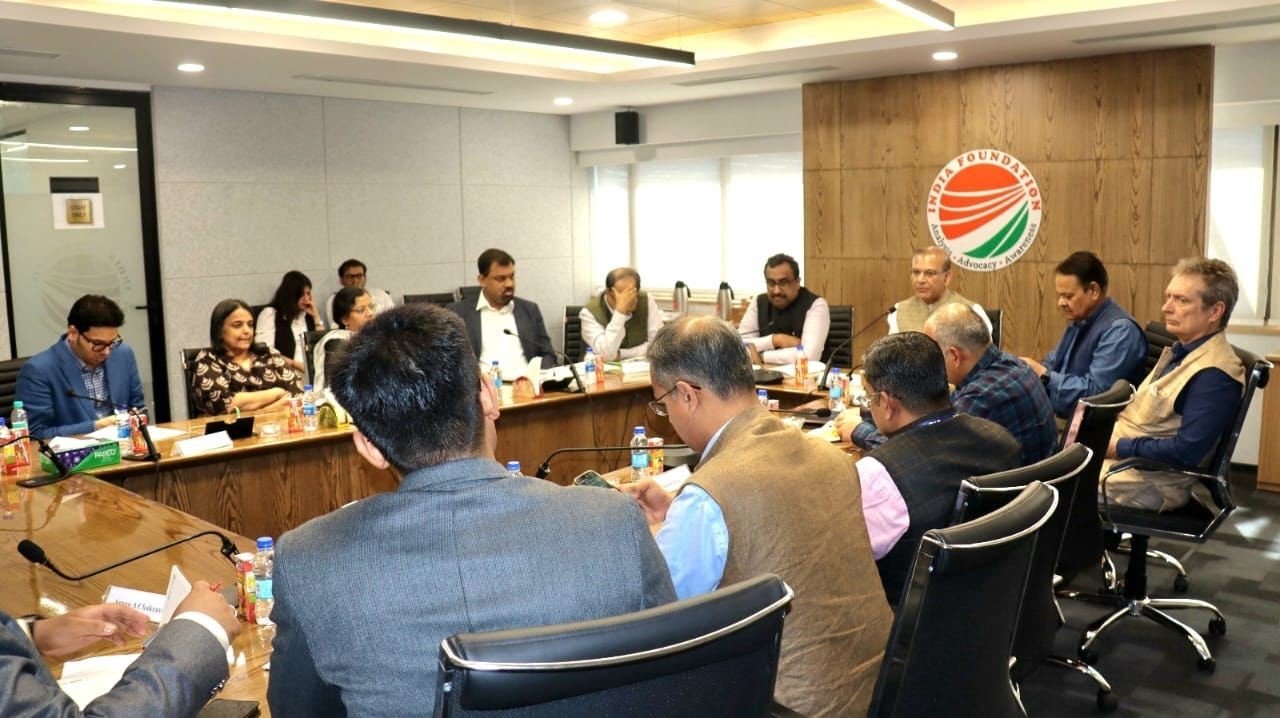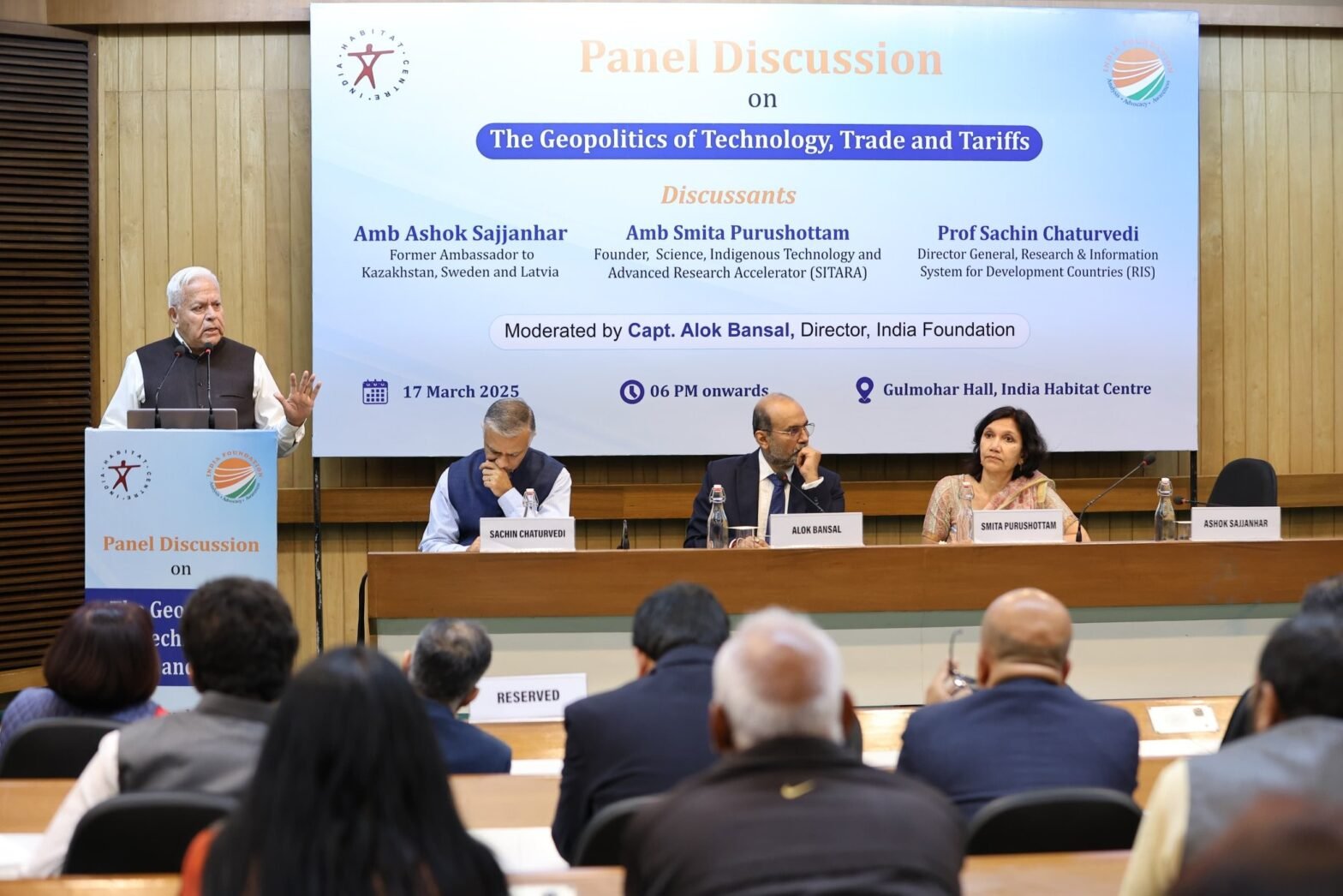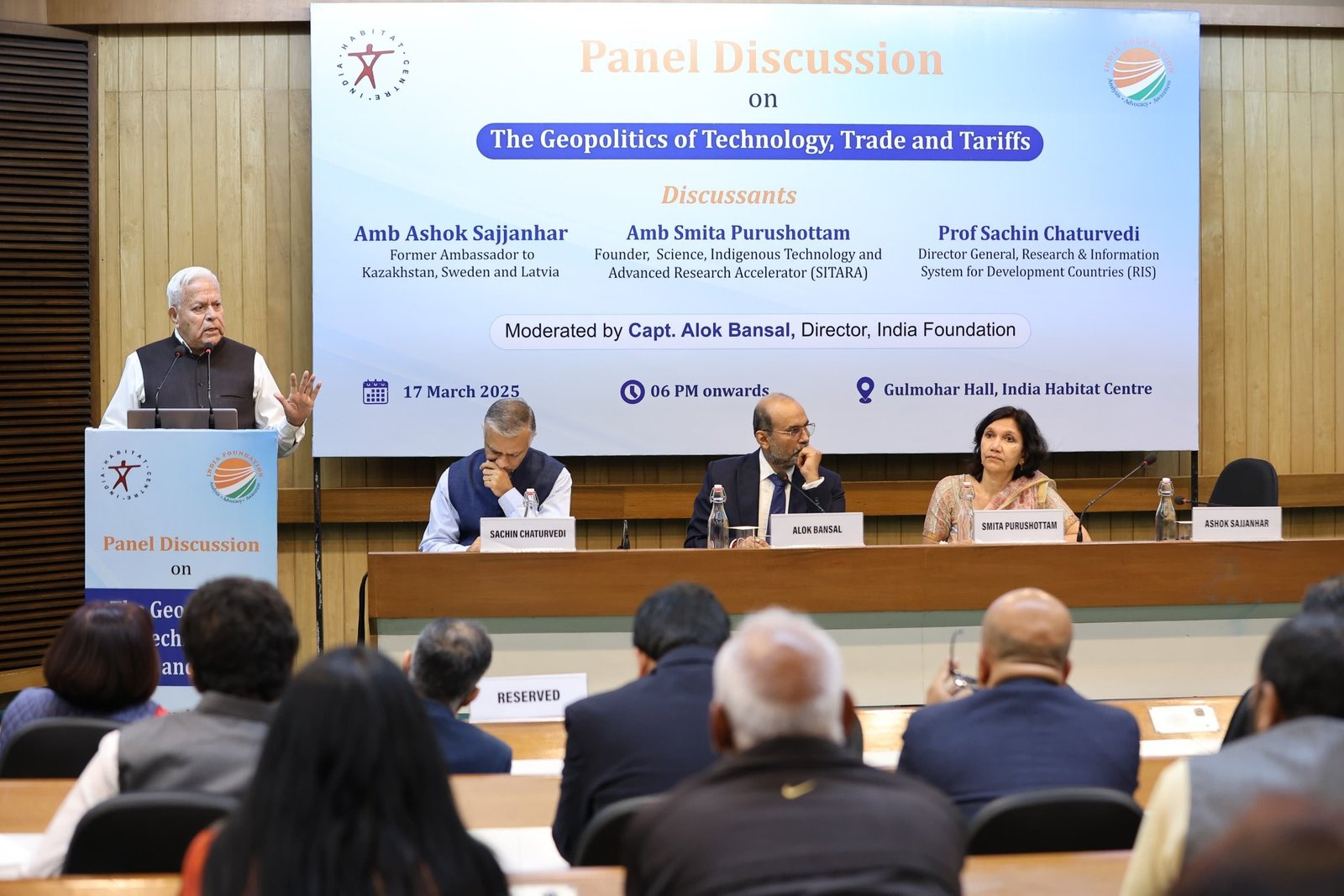In the first few decades after independence, the euphoria of freedom did not translate into the rapid economic growth that had been hoped for. There were, undeniably, serious governance challenges. Literacy levels were abysmally low, agricultural output was weak, the partition had caused significant economic disruption, especially in agriculture and trade, and inadequate infrastructure hindered growth and investment. However, all these issues could have been addressed within a decade or two. The fact that India continued to wallow in poverty four decades after independence points to fundamental policy failures and a lack of strategic vision.
A primary factor keeping India poor was an overreliance on state control based on the Soviet model. The overregulated economy and excessive permits and controls discouraged entrepreneurship and innovation. To bolster the socialist narrative, Indian cinema embraced themes that saw virtue in poverty and regarded wealth as a symbol of corruption. The entrepreneur was portrayed as the villain when, rightly, the focus should have been on India’s bureaucracy and political class, which stifled growth to maintain its dominance in society. In most cinematic narratives, the entrepreneur was depicted as exploitative and greedy, while workers were shown as paragons of virtue. This, perhaps, appeased the sentiments of the masses but did little to elevate India out of poverty. This mindset may have been deliberately cultivated among the masses to encourage acceptance of their situation and discourage clamouring for a better, more dignified life.
The economic reforms of 1991, 44 years after independence, marked the first steps toward change. These reforms were not the result of a deliberate policy shift but were imposed on India as it faced a significant trade deficit and a critical shortage of foreign exchange, barely sufficient to cover 2 to 3 weeks of imports. A high fiscal deficit, unsustainable debt, and rampant inflation compelled the government to seek assistance from the IMF and World Bank for a bailout. The conditions stipulated for receiving funds included structural reforms to liberalise the economy and make it more market-oriented. This turned out to be a blessing in disguise. The Narasimha Rao era reforms led to the removal of many licensing and regulatory restrictions on the government’s role in business and also opened the economy to foreign investment and trade.
In 1999, another significant change occurred with the coming in of the Atal Bihari Vajpayee-led NDA government. Under Vajpayee’s leadership, India took a substantial step in envisioning a grander Bharat. This gave birth to the idea of connecting the four metro cities—Mumbai, Delhi, Kolkata, and Chennai with four-lane national highways and led to the inauguration of the gigantic Golden Quadrilateral project by the then Prime Minister, Shri Atal Bihari Vajpayee. A project of this scale had not been attempted earlier. It changed the face of Indian highways and set new benchmarks for a range of development projects.
The third significant change occurred when the Modi-led NDA government provided a long-term development vision for the country. The ‘Viksit Bharat’ goal is to make India a developed country by the country’s 100th anniversary of independence in 2047. The Prime Minister set a growth target to achieve developed status, which translates to a USD 30 trillion economy by 2047.
This was a welcome change from the five-year plans based on the Soviet model. The plan is ambitious but achievable. However, every Indian will have to strive hard to achieve that outcome. As of now, India’s economy is approximately USD 4.3 trillion. It is the world’s fifth-largest economy, following the US (30.34 trillion), China (19.35 trillion), Germany (4.92 trillion), and Japan (4.39 trillion). India will soon surpass Japan and Germany to become the third-largest economy in the world. But while India’s GDP is rising, the country remains poor, as indicated by its per capita GDP, which stands at USD 2.94 thousand.
The per capita GDP of the developed world is significantly higher, with the US, Germany, Japan, and China at USD 89.68 thousand, 57.91 thousand, 35.61 thousand, and 13.87 thousand, respectively. If India can achieve a GDP of USD 30 trillion by 2047 and maintain its population at the current level, it would have a per capita GDP of USD 20 thousand, become a middle-income country, and poverty would no longer afflict the nation.
While India’s growth trajectory has been steady over the past decade, many challenges must be overcome to achieve the above target. These lie in different domains: Technology, demography, social cohesion, military preparedness, and governance.
Technology
Technology will be the key driver for India’s growth story, especially in fields such as Generative AI, quantum computing, and chip manufacturing. We need Indian solutions to India’s problems and not copy-paste efforts from what the West is doing. We need mother-tongue-based learning even at the university level. Innovations could include introducing large language models (LLMs) in phones that can translate speech and lectures instantly. This would revolutionise education and lead to a spurt in innovation and original thought, led by India’s youth.
India does not need to reinvent the wheel to build foundational LLMS, as these are now more or less available as open-source material. Competing head-on with the US and China by creating a new foundational model is neither feasible nor desirable. The locus of competition has shifted to what can be built atop a freely available foundational model, and this is where India’s focus area should lie. Indian Knowledge Systems (IKS) are unique, offer India-specific solutions, and come with intellectual property rights and core competence. This is where our focus area should lie. Build solutions for India to address India’s unique problems. The Unified Payments Interface (UPI) for digital payments is an apt example of using technology for Indian needs. To remain in the game, we need a really smart industrial policy that should include a) IPR law, b) data protection that prevents the siphoning off of sensitive indian medical, financial and genetic data, among others, c) identifying niche segments to focus on.
Demography
A large population is not an asset if vast millions are poor and semi-literate. There is a need to check population growth by incentivising small family norms. Population growth has not been even across states and across religious groups, which has the potential to create discord. Towards this end, the anticipated increase in parliamentary seats should not be based on a population census but should be carried out proportionately. Increasing the representation of each state by 50 per cent would ensure that those states that have done well in controlling their population are not penalised. Similarly, there should be a system of incentives and disincentives to promote small family norms. This will ensure social cohesion, assist in poverty alleviation and enable India to achieve its vision of a developed nation by 2047.
Social Cohesion
Since independence, the country has been riven with social strife on various issues—ethnic, communal, caste, farmers, etc. While protest is a legitimate function in any democracy, vandalising property or forcing the closure of roads and rail networks in pursuance of one’s demands impinges on the rights and freedoms of others. A consensus must develop among all political parties to adhere to basic norms of protest. The courts, too, should be sensitised to these matters and desist from interfering with the executive. The government of the day is accountable to the people who have elected them, and the courts should desist from interfering in legislation passed by the respective state governments or the Centre.
Another aspect impinging on social cohesion is the influx of a large number of illegal Bangladeshi and Rohingya into India. As per some estimates, this number could be more than 20 million. We need to identify such individuals and deport them back to their own countries. India’s precious resources cannot be diverted to causes other than the improvement of the lives of its citizens.
Military Preparedness
India’s growth trajectory must also include the development of its military capability. This encompasses developing all border areas, including communication networks and infrastructure for military purposes, as well as the development of border villages. The communities living in these border areas must be empowered, as the local civilian population is the first line of defence. Initiatives taken in this regard over the last decade must continue until the infrastructure of the border areas matches what the Chinese have constructed on the opposite side. Alongside this, the defence manufacturing sector must be ramped up to further reduce India’s import dependence. The private sector must play a significant role in defence manufacturing and be incentivised accordingly.
Governance
Finally, India’s growth story is a function of its political will and administrative acumen. Politically, the country has great stability, which augurs well for economic growth. However, administrative and judicial reforms are needed. Administrative reforms are required to create a conducive climate for growth, and judicial reforms are required to ensure that justice is administered swiftly and fairly. This will encourage business and economic development.
India has made rapid strides in its development effort over the last decade. This is no mean achievement, and India is currently the fastest-growing large economy in the world. The target of Viksit Bharat by 2047 is achievable, but it would necessitate a concerted effort by all stakeholders. The government has a major role to play, but civil society must also get involved in the development effort to achieve the vision laid out.
Author Brief Bio: Major General Dhruv C Katoch is Director, India Foundation and Editor, India Foundation Journal.


